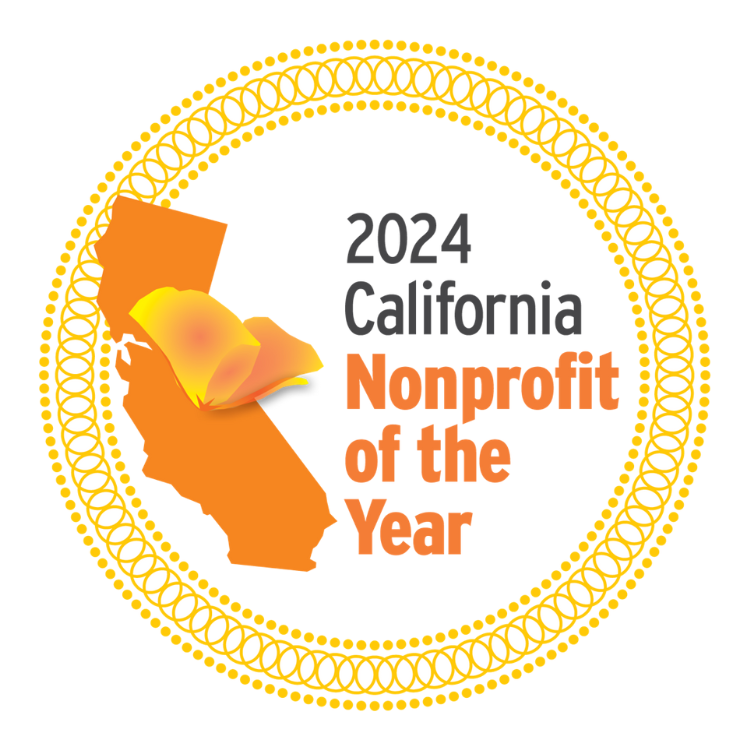Orange County Coastkeeper Reminds Southern California Residents to Conserve Water Amid Drought Conditions
-
Implementing water-conservation practices now can help maintain sustainable water supplies as drought worsens
-
Coastkeeper provides tips to help people conserve water
WHAT:
As climate change alters the water regime in California, it is important that we continue to implement water conservation practices into everyday life. With California’s drought worsening more each day, Orange County Coastkeeper wants to remind Southern California residents to act on the water conservation knowledge they learned during the last drought.
Coastkeeper staff believe that putting this knowledge into action can help maintain water supplies at sustainable levels. This is especially important as water supplies are in higher demand during the summer months. While Orange County has multiple sources of abundant water from now to 2050 and beyond, each resident can contribute in helping conserve our most precious resource.
WATER CONSERVATION TIPS:
Coastkeeper is offering these easy-to-follow tips to help you conserve water and get ahead of the drought:
- Turn off water when it is not needed
- Easy ways to save water around the house include turning off the faucet when brushing your teeth or shaving, shutting off the hose when washing your car, and being aware of how long the faucet is on while manually washing dishes
- Fix any leaks in your home
- Water leaks in your home can waste thousands of gallons of water a year, hurting the region’s water supplies and the consumer’s wallet
- Be efficient with washing machines
- Using your washing machines and dishwashers with full loads saves water and can also help you save on your energy bills
- Be water wise when taking showers
- Try using a timer to make sure showers are short and efficient and switch to low-flow showerheads to help save water and money
- Conserve water when watering your lawn and garden
- Make sure to water your lawn and garden only when needed, not daily. When watering lawns, it is better to do deep soaks during cooler parts of the day
- Replace thirsty vegetation with native plants that are more drought resistant and can live off the low levels of rainfall
- Reduce Food Waste
- Food production is a huge source of water usage and shopping smart and reducing food waste is a subtle way to contribute to efficient water usage
WHY:
California is currently facing its second major drought in a decade. It is important the state’s populace comes together to help be more effective with water usage. Unlike the last 5-year-drought, this time around Southern California’s reservoirs have enough water stored to avoid water restrictions, according to Cal Matters.
Urban residents are also better equipped for water conservation, avoiding falling back into water-wasting lifestyles after water restrictions were lifted. During the last drought, with strict water restrictions in place and a robust public campaign, the state’s residents learned that the best way to conserve water in California’s arid climate was to cut down on landscape irrigation. This led to a long-term decrease in water consumption by 25% in Orange County alone.
ADDITIONAL DETAILS AND CONTACT:
- Organizations:Orange County Coastkeeper
- Interviews available: For interviews with Orange County Coastkeeper, contact Hector Zermeño, Hector@gomixte.comor 619-732-0789 x432
- Links to use in your story:
###
ORANGE COUNTY COASTKEEPER: Orange County Coastkeeper is a member of the International Waterkeeper Alliance, which has 241 different independent programs across 40 countries. Founded in 1999, the mission of Coastkeeper is to protect and promote sustainable water resources that are swimmable, drinkable, and fishable. Coastkeeper is a nonprofit clean water organization that serves as a proactive steward of our fresh- and saltwater ecosystems. We work collaboratively with diverse groups in the public and private sectors to achieve healthy, accessible, and sustainable water resources for the region. We implement innovative, effective programs in education, advocacy, restoration, research, enforcement, and conservation. For more information, visit www.coastkeeper.org or call 714-850-1965.





